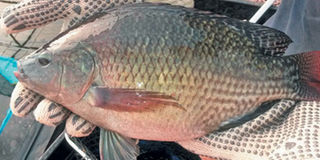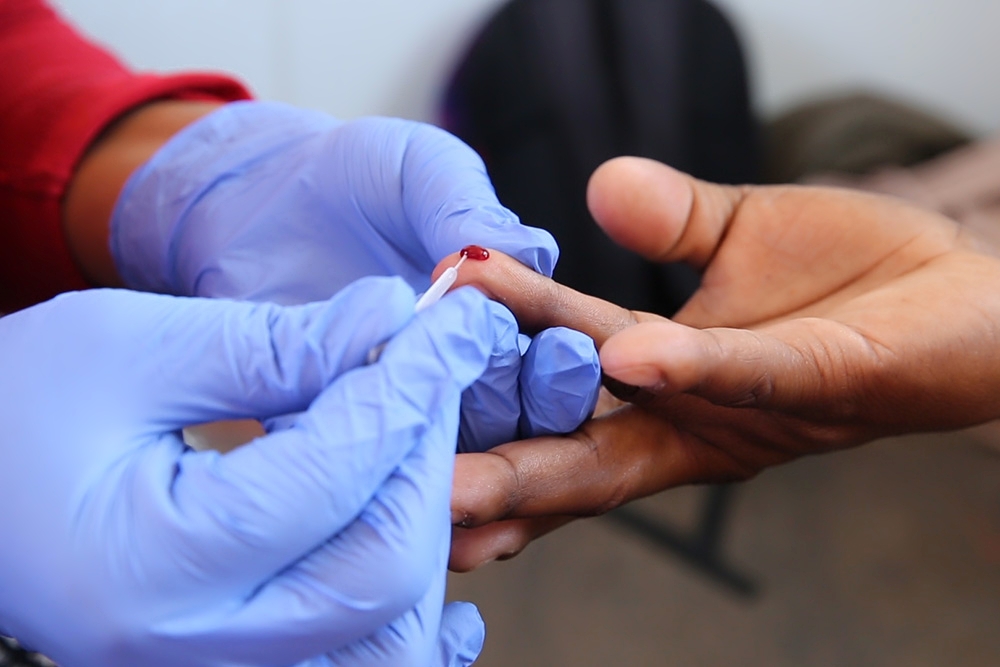Tanga institute embarks on ‘best fish species’ research

What you need to know:
- The Pangani based Mariculture substation of the Institute of Marine Sciences is currently conducting several researches that would enable the establishment of a sustainable program for breeding improved fish stocks including tilapia and kolekole (bigeye trevally or Caranx sexfasciatus).
- According to Manager of the substation, Dr. Margreth Kwelyelyanga, the center now has samples of tilapia from various sources in the country.
Pangani. The Pangani-based mariculture substation of the Institute of Marine Sciences has embarked on carrying out researches, which would lead to the establishment of a sustainable programme for breeding improved fish species.
According to the manager of the substation, Dr Margreth Kwelyelyanga, the centre now has samples of tilapia from various sources in the country.
“These researches aim at identifying samples of fish, which grow well and resist diseases. The best species will be used to breed better stocks,” she said.
The research is in line with a directive made by the immediate past Tanzanian President, Dr Jakaya Kikwete, when he visited the centre last year. Dr Kikwete, according to Dr Kwelyelyanga, had directed the institute to conduct research that would enable Tanzania to become a leading producer of fish products.
The centre, she revealed, is also undertaking research on availability of better fish feeds from various areas. It is also conducting training for 10 doctorate students with eight of them currently at the centre continuing with the research.
“Four of those are from the ministry and we hope they will help the sector through the sustainable fish breeding programme,” she said.
The Institute of Marine Resources took over the centre in 2009 and it is now planning to turn it into a centre of excellence for Training and Research on Marine Sciences and Technology in East African Region.
According to a Senior Lecturer from the Institute, Dr Marten Mtolera, the centre of excellence is expected to help the Eastern and Southern African Zone to build the capacity in Biodiversity and Food Security issues as recommended by a meeting of the Intergovernmental Oceanographic Commission meeting of the United Nations Educational, Scientific and Cultural Organisation (UNESCO IOC Africa). held in Aleksandra, Egypt in 2017.
The UNESCO IOC Africa promotes international cooperation and coordination programme in marine research, services, observation systems, hazard mitigation and capacity development in order to understand and effectively manage the resources of the ocean and coastal areas.
The centre has acquired additional land from the Pangani District Council, which, according to Dr Mtolela, would enable the institute to build research and training infrastructure including laboratories, lecture rooms, hostels and staff residential buildings.
Elaborating, on why they sought to acquire additional land, he said that the institute realised the need and importance of expanding its activities by increasing its training area (theory and practice) and establishment of demonstration farms.
He thanked the Pangani District for making it possible for 10 villagers to release chunks of their land for the expansion of the centre.
“All of them have already been compensated,” he said.
“The expansion of the centre is in line with the 2015 National Policy on the development of fisheries and the University of Dar es Salaam vision of 2018/19 to 2028/29 whose implementation includes developing the centre as the centre of excellence in mariculture research and training,” Dr Mtolera said.
To facilitate the construction of the infrastructure and development of human resources, the institute is in the process of establishing cooperation with the Korean Institute of Ocean Science and Technology in the fields of research and training.



